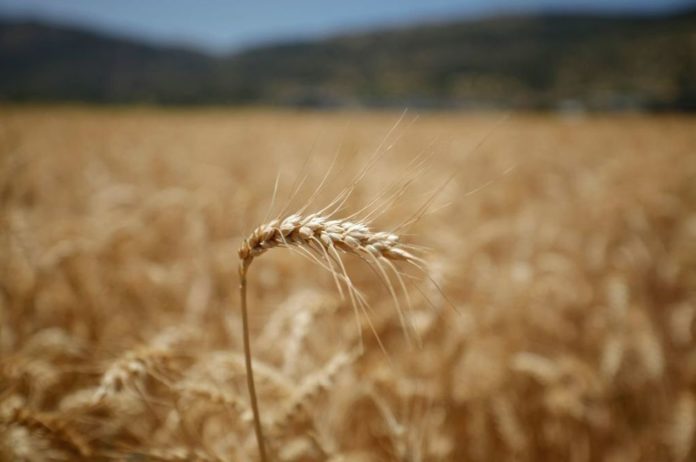Scientists have developed several new kinds of wheat that can grow in soils with more salt, weigh three times as much as the original kind, and germinate almost twice as often.
Wheat grown along the shore in Bangladesh has a salt tolerance, which is essential as more farmland throughout the world is exposed to seawater.
By modifying coastal wheat seeds, University of Gothenburg researchers created 2,000 wheat lines. The 35 lines that germinated the best in several fields and lab tests were planted in an automated greenhouse in Australia, where various saline concentrations were administered to the plants, which were then weighed. Every day until the wheat produced its ears, they were photographed.
The results were startling.
Salt-tolerance genes discovered
“We developed wheat lines where the average weight of the seeds was three times higher and that germinated more often than the original wheat from Bangladesh,” Johanna Lethin, a doctorate student at the University of Gothenburg’s Department of Biological and Environmental Sciences, explains.
The team was also able to determine which genes govern salt tolerance in wheat plants using DNA analyses and previous scientific papers.
“This is a milestone in our research. Now we have a couple of genes we know are involved in salt tolerance. The next step is to test if these genes are also in our best wheat varieties that we have mutated into existence.”
The world’s population is increasing, and by 2050, the earth will be home to 10 billion people who will all require food. Climate change, on the other hand, is causing arable land to dry up and other areas to be swamped by rising seas. All of this raises the prospect of a crop that can withstand salt in the soil.
Every day, 2,000 hectares are lost.
“It is incredibly important to try to develop a salt-tolerant variety with good yields. Currently, we are losing approximately 2,000 hectares a day to rising seas and improper irrigation methods that increase soil salinization.”
There are still several trials to be done, but this discovery has global implications. Because of salt contamination, around 8% of the world’s arable land is no longer useable for crops, and more than half of the world’s countries are affected.
Wheat cannot be produced on big scales in Egypt, Kenya, and Argentina, and even low-lying portions of Europe, such as the Netherlands, have similar challenges. Even in areas of Asia where rice is the primary crop, salt-tolerant wheat will become a key part of the future food supply since wheat production uses far less water than rice farming.
Even in areas of Asia where rice is the primary crop, salt-tolerant wheat will become a key part of the future food supply since wheat production uses far less water than rice farming.
“The next stage is to plant the salt-tolerant varieties in fields in Bangladesh. I would estimate that it will take about five years before we can have commercial production of salt-tolerant wheat, depending on how the field tests go.”
GMOs and their links to mutations
This study does not employ the controversial technique of gene manipulation (GMO). GMO involves inserting a gene from one plant (such as a fungus-resistant plant) into another plant (such as wheat) so that farmers can avoid using excessive insecticides.
Instead, the scientists used a chemical to generate precise changes in the seeds.
Nothing is injected into the plant in this method, and all mutations may have occurred spontaneously.
Image Credit: Getty
You were reading: This Salty Soil-Proof Super Wheat Is The New ‘Super Food’ Our World Actually Needs
